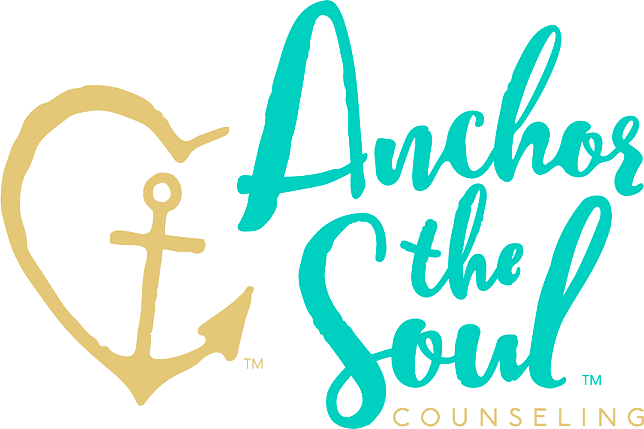Substance Abuse Addiction in North Carolina
Substance abuse is a condition in which an individual takes more than intended amount of a given drug at one time and their use causes issues in their personal and professional lives. Historically, individuals do not intend for their use to get out of control. Most individuals experiment with drugs slowly, often in social situations which then over time, can turn into more frequent, heavier use to gain the same desired effect.
North Carolina has experienced an increase in the number of drug overdose deaths — from illicit substances and/or medications — increased by nearly 1,000 deaths, from 2,352 in 2019 to 3,304 in 2020. This is a very serious problem that is affecting not only the addict but the addicts’ friends and family.
Substance use addiction symptoms and behaviors can include:
- Feeling the need to use the substance regularly, which can be daily or multiple times a day
- Having intense urges for the substance
- Over time, needing more of the substance to get the same effect
- Making certain that you maintain a supply of the substance
- Not meeting obligations and work responsibilities
- Doing things you wouldn’t normally do to get the substance, such as stealing
- Focusing more and more time and energy on getting and using the substance
- Getting into legal trouble such as a DUI
- Experiencing withdrawal symptoms when not using the substance
- Failed attempts to quit using the substance
If you can relate to any of the above symptoms or behaviors, it may be time to consider addiction therapy. With addiction therapy, we will address the symptoms of your addiction and the related areas of impaired functioning, and together we will structure the time and content of your ongoing recovery.
Acceptance and Commitment Therapy is just one of the many approaches that can be used with addiction counseling. The first step with addiction is admitting that you may have a problem. No matter what, know that admitting this is a huge step in your recovery and you do not have to go through this alone.
Please reach out if you would like to set up a free 15-minute consultation to discuss how therapy can assist you. I take a judgment free approach in sessions, meeting my clients where they are at and working on your goals, whether that is a reduction in use or abstaining all together.

